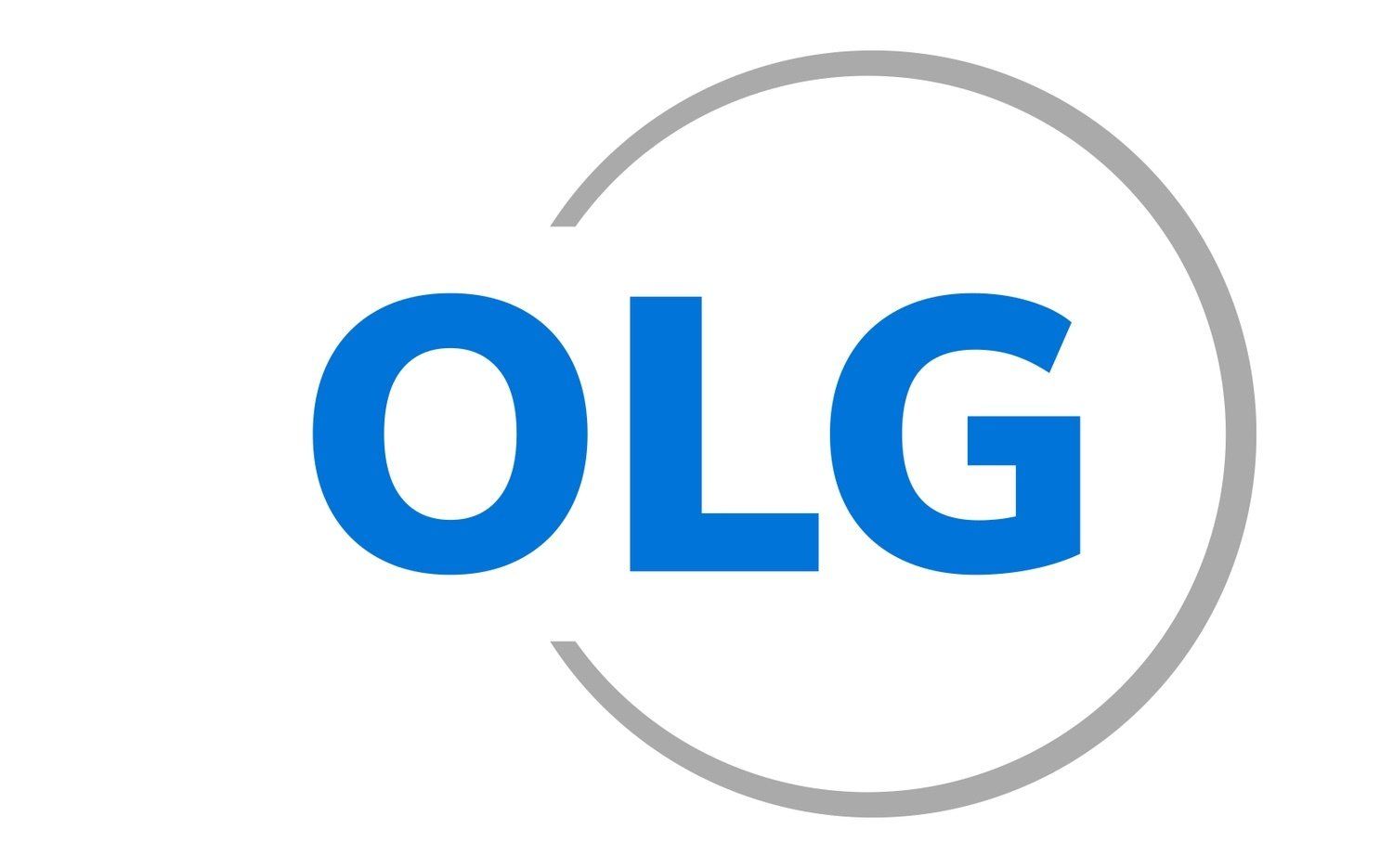Data Privacy and Security in the Healthcare Sector
Data privacy and security have become critical concerns for many industries, but none more so than the healthcare sector. With the sensitive nature of medical records and the increasing amount of data being stored and shared electronically, healthcare organizations must prioritize protecting patient information.
The Importance of Data Privacy in Healthcare
Data privacy in healthcare refers to the right of patients to control access to their personal health information (PHI). This information includes medical history, diagnostic results, treatment plans, and personal identification details. Ensuring data privacy is essential not only for protecting patients' rights but also for maintaining trust in the healthcare system. Privacy breaches can have severe consequences, including identity theft, discrimination, and damage to an individual's reputation. On top of that, healthcare providers may face legal repercussions and substantial fines if they fail to comply with privacy regulations such as the Health Insurance Portability and Accountability Act (HIPAA).
Regulatory Frameworks Governing Data Privacy
Healthcare providers in the United States are subject to stringent regulations designed to protect patient data. The most prominent of these is HIPAA, which sets national standards for the protection of PHI. HIPAA requires healthcare providers to implement administrative, physical, and technical safeguards to ensure the confidentiality, integrity, and security of electronic PHI (ePHI). In addition to HIPAA, healthcare organizations must also comply with other federal and state regulations, such as the Health Information Technology for Economic and Clinical Health (HITECH) Act, which promotes the adoption of health information technology and strengthens HIPAA's enforcement provisions. Pennsylvania, for instance, has its own set of laws and regulations that healthcare providers must follow to ensure data privacy and security.
Common Threats to Healthcare Data Security
Healthcare data is a prime target for cybercriminals due to its high value on the black market. Some common threats to healthcare data security include:
- Ransomware Attacks: Ransomware is a type of malware that encrypts a victim's data, rendering it inaccessible until a ransom is paid. Healthcare organizations are particularly vulnerable to ransomware attacks because of the critical nature of the data they hold. Such attacks can disrupt healthcare services and put patients' lives at risk.
- Phishing Attacks: Phishing attacks involve cybercriminals sending fraudulent emails or messages to trick recipients into disclosing sensitive information, such as login credentials. These attacks can lead to unauthorized access to healthcare systems and data breaches.
- Insider Threats: Insider threats can come from employees, contractors, or other individuals with access to sensitive information. These threats can be intentional, such as data theft, or unintentional, such as accidental data leaks due to negligence.
- Weak Passwords and Authentication: Weak passwords and inadequate authentication measures can make it easy for unauthorized individuals to access healthcare systems. Implementing strong password policies and multi-factor authentication can help mitigate this risk.
Best Practices for Protecting Healthcare Data
To safeguard patient information and comply with regulatory requirements, healthcare organizations should adopt the following best practices:
- Implement Robust Security Measures: Healthcare providers should invest in advanced security technologies, such as encryption, firewalls, and intrusion detection systems, to protect against cyber threats. Regular security assessments and vulnerability testing can help identify and address potential weaknesses.
- Educate and Train Staff: Employee training is critical for maintaining data security. Healthcare organizations should provide regular training on data privacy policies, security protocols, and how to recognize and respond to potential threats.
- Develop a Comprehensive Incident Response Plan: Having a well-defined incident response plan can help healthcare organizations respond quickly and effectively to data breaches. This plan should outline the steps to take in the event of a breach, including notifying affected individuals and regulatory authorities.
- Conduct Regular Audits and Compliance Checks: Regular audits and compliance checks can help ensure that healthcare organizations adhere to data privacy regulations and internal policies. These audits can also identify areas for improvement and help prevent future breaches.
The Role of Legal Counsel in Data Privacy and Security
Legal counsel plays a vital role in helping healthcare organizations manage data privacy and security regulations. A knowledgeable attorney can provide guidance on compliance with federal and state laws, assist with developing and implementing privacy policies, and offer support during data breach investigations.
Contact Ochroch Law Today
If you need assistance with data privacy and security matters, Ochroch Law can help. We provide the legal guidance you need to safeguard your healthcare data and ensure compliance with data privacy and security regulations. Our legal team can help you protect your patients' information and mitigate the risks associated with data breaches. Contact us today to learn more.



